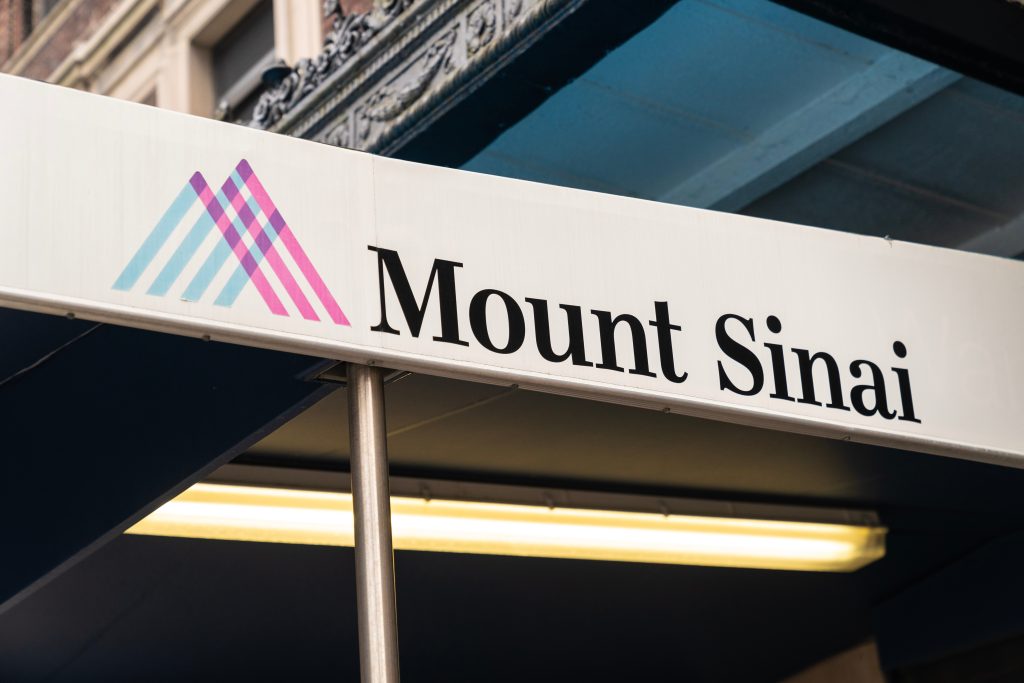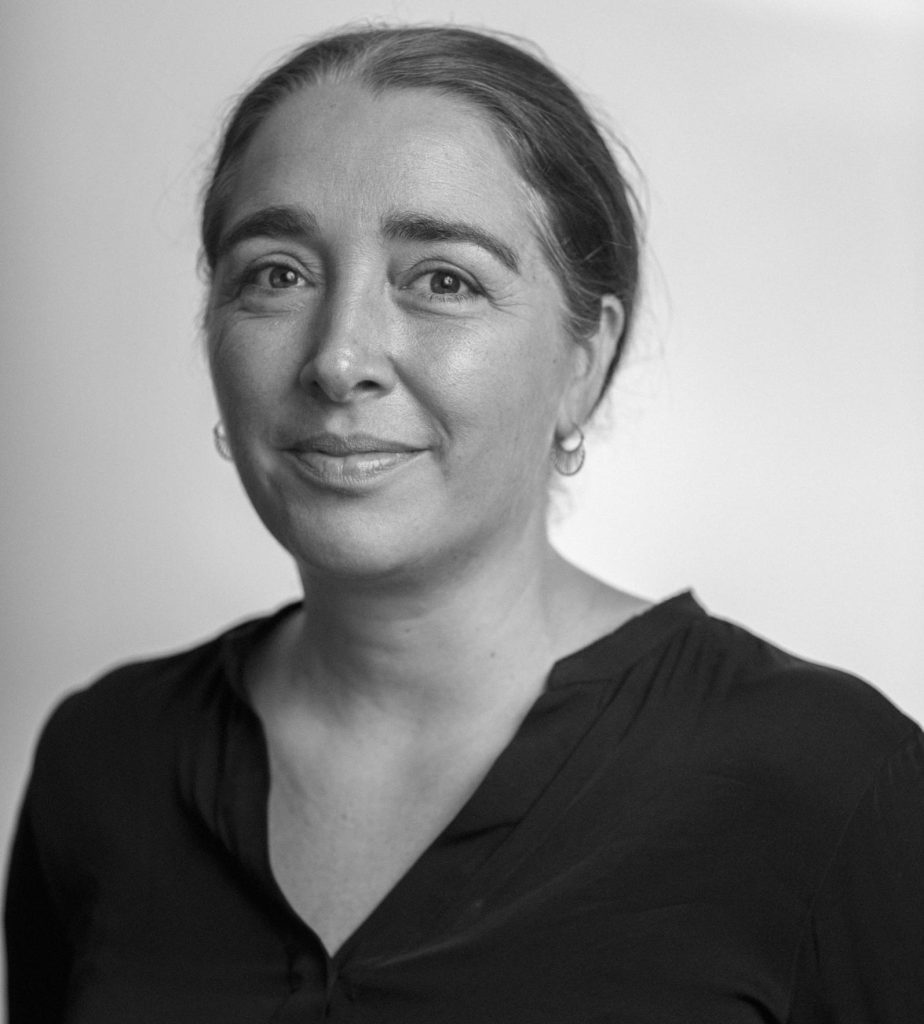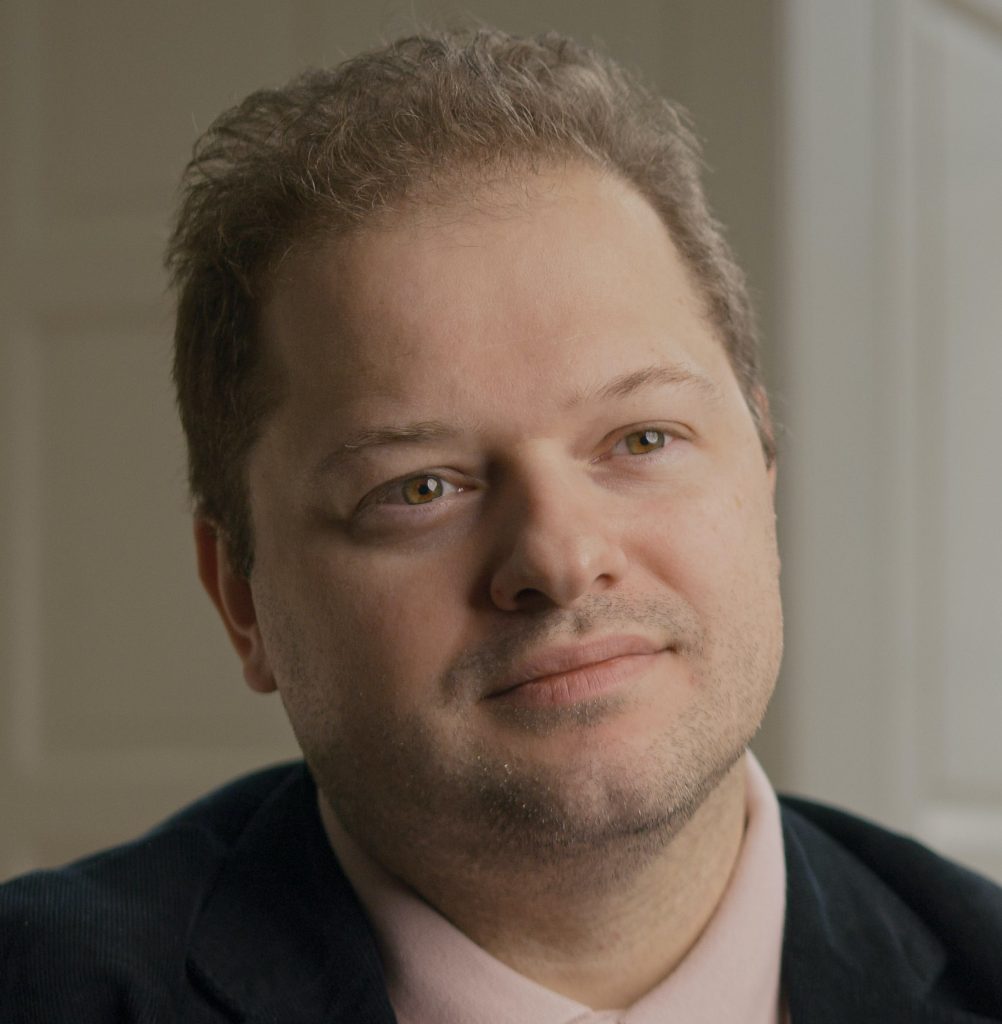The Naming of Religious Groups: A Human Rights Analysis

In this series, contributors discuss the naming of religious entities as a religious freedom issue. Focusing on Australia, Bulgaria, Estonia, Poland, Romania, Spain, and Ukraine, they analyze regulations implemented or considered in these states to restrict the autonomy of religious groups in choosing a name. From the perspective of human rights law, this autonomy, as an aspect of freedom of religion or belief, is not absolute. States are allowed to proportionally interfere in the naming of religious organizations to balance religious autonomy against the rights of others or other legitimate values, such as protection of intellectual property.



